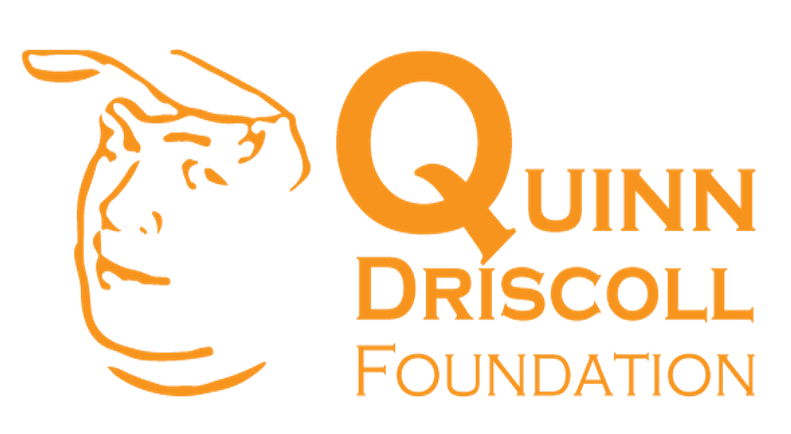Be Aware, Get Informed
Facts about sudden cardiac arrest in young people:
- Annually in the United States thousands of children, teens and young adults suffer sudden cardiac arrest (SCA).
- SCA is two to three times more likely to occur in young athletes than their less active peers.
- It is estimated that over 7,000 young people under the age of 18 die from an undetected heart condition each year.
- Research has shown that SCA is the leading cause of death on school property with one student athlete falling victim to SCA every three to four days.
- Hypertrophic cardiomyopathy or HCM is the leading cause of sudden cardiac arrest in young people.
- HCM is a genetic abnormality of the heart, present in one in five-hundred people.
- According to the Mayo Clinic there are many diseases of the heart which could result in sudden cardiac arrest.
(The following information is provided by MayoClinic.com)
Hypertrophic cardiomyopathy (HCM). This is a disease in which the heart muscle (myocardium) becomes abnormally thick, making it harder for the heart to pump blood. Hypertrophic cardiomyopathy, while usually not fatal in most people, is the most common cause of heart-related sudden death in people under 30. It's the most common cause of sudden death in athletes. HCM often goes undetected.
Coronary artery abnormalities. Sometimes people are born with heart arteries (coronary arteries) that are connected abnormally to the heart. The arteries can become compressed during exercise and not provide proper blood flow to the heart.
Long QT syndrome (LQTS). Long QT syndrome (LQTS) is an inherited heart rhythm disorder that can cause fast, chaotic heartbeats. The rapid heartbeats, caused by changes in the part of your heart that causes it to beat, may lead to fainting, which can be life-threatening. In some cases, your heart's rhythm may be so erratic that it can cause sudden death. Young people with long QT syndrome have an increased risk of sudden death.
What symptom should parents, coaches and others be aware of?
In many cases, like Quinn, symptoms do not present themselves. There are however a few warning signs you should know about:
- Unexplained fainting- Sudden and unexplained fainting that occurs during physical activity may be a signal that a problem exists.
- Family history of sudden cardiac arrest- A family member under the age of 50 has experienced an unexplained death. This is the leading indicator that an issue may exist.
- Other indicators- Shortness of breath and chest pain may be a sign that cardiac issues exist.
What can I do to prevent or detect issues resulting in SCA?
There are things you can do if you are worried about the risks of SCA:
- Talk to your doctor- Make your physician aware of any symptoms or if your family health history is a concern.
- Demand a routine ECG (electrocardiogram) - A simple ECG performed at time of check-up can detect many issues that may otherwise go undiscovered.
- Encourage the following questions to be asked during check-ups and sports physicals:
- Has anyone in your family died prematurely from an unknown cause?
- Do you or anyone in your family have a history of arrhythmia?
- Have you ever experienced any palpitations?
- Have you ever passed out or lost consciousness?
What to remember:
- Know your family health history
- Ask questions about your children's heart health
- Understand the warning signs and symptoms of potential heart issues
- Find out if your child's school, sporting events and practices are equipped with an AED and trained staff
- Learn CPR and receive AED certification
Additional Resources:
http://www.parentheartwatch.org
https://familyhistory.hhs.gov/fhh-web/home.action

Donec id justo non metus auctor commodo ut quis enim. Mauris fringilla dolor vel condimentum imperdiet.